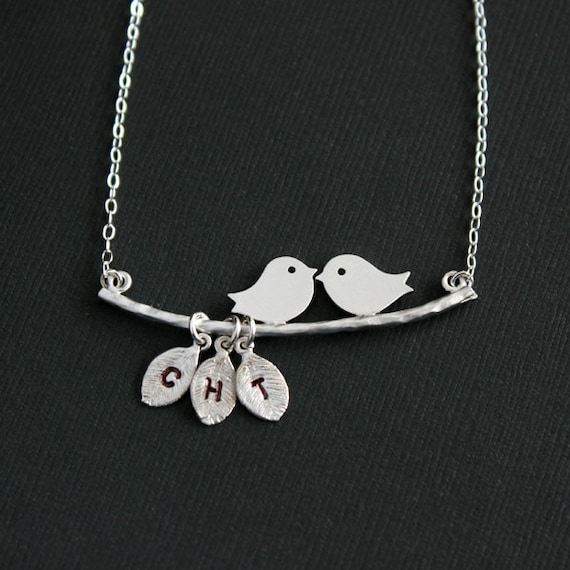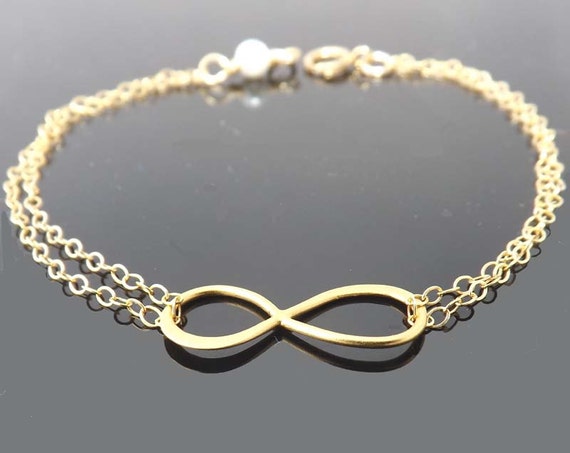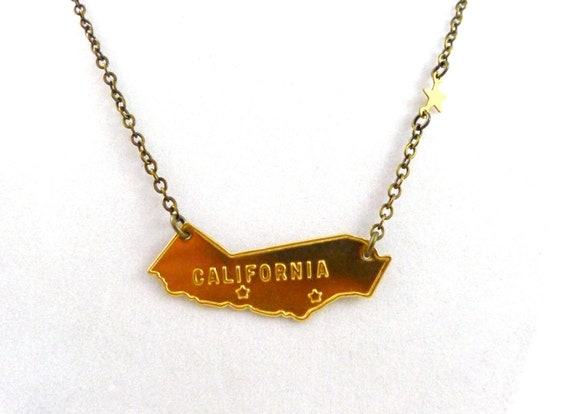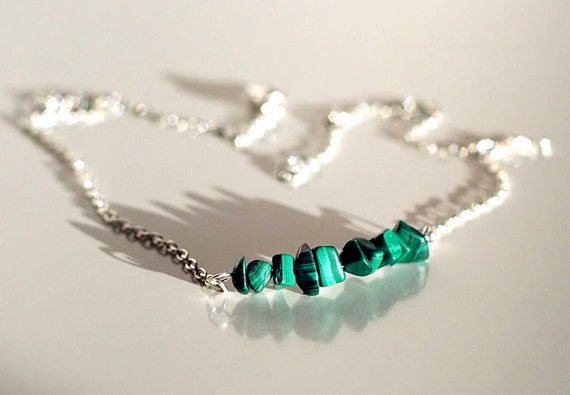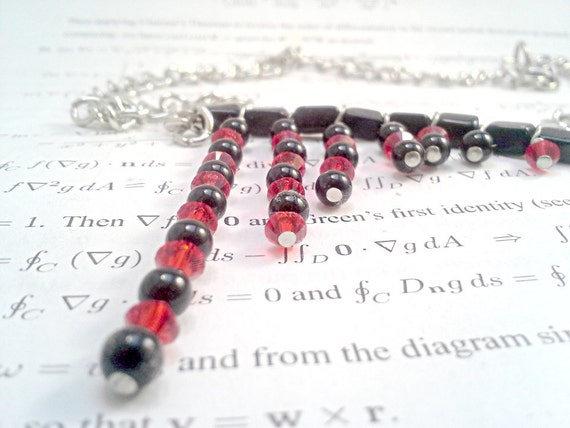This was something I was debating about blogging here, as it's not relevant to my jewelry or math stuff so much. Then I decided that it's my blog and I do what I want.
Yesterday was
International No Diet Day. I didn't get a chance to blog then about it, because I didn't realize it until I was too tired to blog about it. Sorry I'm late to the party, guys.
This came up while I was visiting friends in Seattle. I forget what we were talking about—past relationships? high school? dating?—but I made the comment that high school guys typically aren't falling over their feet for fat, awkward girls (like I was) (or am). At which point the conversation ground to a halt and took off in another direction entirely.
"I never how to respond when you say you're fat!" one of my friends commented. "I feel so uncomfortable. Like, I think you're a great catch."
There's a standard script we go through when we talk about weight and our bodies,
especially women.
Friend 1: "Ugh, I'm so fat!"
Friend 2: "No you're not!"
There are variations on this script, but it comes down to one person putting themselves down and the other person insisting that the put-downs aren't true.
This scenario is partially predicated on the fact that the word "fat," being fat, and talking about being fat, have all taken on shades of meaning outside of describing the size of a body. In this case of my friend in Seattle (and other conversations I have), what I'm saying when I say, "I'm fat" and what they're hearing when I say, "I'm fat" are two different messages.
One of my favorite books is
Language in Thought and Action by S. I. and Alan R. Hayakawa. I wouldn't go so far as to say it should be
required reading in schools, but I think I would have skipped a very awkward period in my life if I had read this at 13 instead of at 23.
The Hayakawas' book looks specifically at
semantics, the connection between words and meaning. To use an example from the book that perhaps most succinctly describes their thesis: imagine that you're pulled over on the side of the road to fix a flat tire. You're still trying to work the jack when another car pulls over. The driver gets out and says, "Hey there, do you need a hand?"
She's not asking (or not
only) asking if you need help; clearly you probably do. This utterance signifies a great many other things. Another way to phrase what she's saying might be, "I'm not a threat and I'm not going to hurt you. I want to make sure that you are likewise nonthreatening. I see that you need help. I'm willing and able to help you. I want to know if you need or want my help."
To bring this back to being fat, when someone says that they're fat, oftentimes they know (and their friends know) that the concern isn't (or isn't
only) about the size of their body. Another way to phrase "I'm fat" might be, "I feel unattractive, unloved, and worthless. I need reassurance that I am a person of worth and value."
When both parties understand the unspoken messages, even without realizing that there
are any unspoken messages, things go smoothly. Tension and confusion happens when the unspoken meanings are different. They're both speaking the same language, and yet are not. What's worse is that it can be impossible to pinpoint the source of the tension.
When your fat friend says something about his being fat, then, he's not necessarily trying to communicate a feeling of worthlessness or despair. Sometimes utterances don't mean much beyond their literal meaning; sometimes "I'm fat" just means "I have a larger body than average" and that fact is relevant to the discussion at hand. Meanwhile, if you still interpret "I'm fat" to have all these negative semantic connotations, you are going to have a very fruitless and unproductive discussion.
This is not to say that all fat people DON'T mean the semantic, connotative aspect of "I'm fat" when they say it. Obviously I can't speak for all of us. But I can speak for some of us, and I can certainly speak for me.
Talking to Fat Friends: Dos and Don'ts
DON'T...
- ...tell your fat friend she's not fat, or "not that fat." Fat people can look in mirrors, too. We're not stupid. Denying our fatness insults our intelligence as well as your own.
- ...discuss other people's appearances generally, but especially the size of other people's bodies, unless it's relevant to the conversation (ie, describing someone or distinguishing between people). This goes for negative things as well as positive, everything from "Look at her muffin top!" to "You look good, have you lost weight?"
- ...complain about how you feel fat, or have gained weight, or whatever else is related to being larger than you'd like. Ideally never complain about this, but especially never complain about it in front of your fat friend. That is just tacky.
- ...talk about how much better you feel after losing weight. Again, ideally never talk about this, but especially not in front of your fat friend. Still tacky.
- ...be a concern troll, or a shallow piece of crap.
All of these bullet points (and more) contribute to a culture where being
fat is
bad. Encouraging
thin as
good is the flip side of this same coin
, even if you're not explicitly saying anything negative.
DO...
- ...be a good friend. Make your friend feel appreciated and cared about. I mean this should have to go without saying, but still. This also means loving and accepting your fat friend as they are. If they want to diet or try to lose weight, be respectful of that. If they don't want to, be respectful of that, too. Good friends aren't concern trolls.
- ...strive to discuss more interesting or relevant things than idle gossip and snarking. Obviously we all do this, and we'll all continue to do this until the end of time, but at least try. I like to collect questions that I can bring up in conversation lulls to steer the discussion in new, challenging directions.
- ...give substantive compliments about the taste or talent of the complimentee. Think along the line of things like cute outfits, funky décor, or an outstanding karaoke performance.
- ...contribute to a body-friendly culture. Don't laugh at fat jokes,* don't hem and haw over calories or carbs or fats, don't spend time with people who are body-snarking douchecanoes.
- ...browse some body acceptance blogs for advice and perspective.
My fat friend just made a self-deprecating comment about their own weight or size! What should I do?
You should pretend this is a flow chart:
1. Was it funny?
If so, laugh. Proceed to 2.
If not, proceed to 2.
2.Was it just an aside?
If so, don't worry about it. I, for one, am fond of swearing, "Fuck my fat fingers!" every time my smartphone keyboard can't understand my button-mashing.
If not, proceed to 3.
3.Was it in connection to something else?
If so, talk about the something else, then proceed to 4.
If not, proceed to 4.
4. Did they seem pretty despondent over it?
If so, make an extra-concerted effort to be a good friend now and in the near future. (See the first bullet point under the "Dos".) This may be one of those times where fat doesn't mean "fat," it means "feeling worthless and unloved." We all have those moments: for some of us, our codeword is "fat." The same goes for if your fat friend seems to make a lot of comments about their weight.
If not, don't worry.
But above all, no matter what, the best thing you can do for your fat friend is the same thing you can do for any of your friends: be kind, be supportive, and be there for them.
*This is one I struggle with, ideologically. I firmly believe that anything—anything—can be the subject of a joke. Any topic has the potential to be funny. But with potentially hurtful or triggering things, it can be a minefield (compare and contrast how Daniel Tosh and The Onion both handled rape, for example). Unless you're spending lots of your time with professional funny people who have experience towing that line, chances are the fat jokes you're hearing aren't that good. Nothing will shut me down faster at an open mic performance than someone resorting to uninspired fat jokes, except maybe uninspired "Women be different from men!" jokes.






